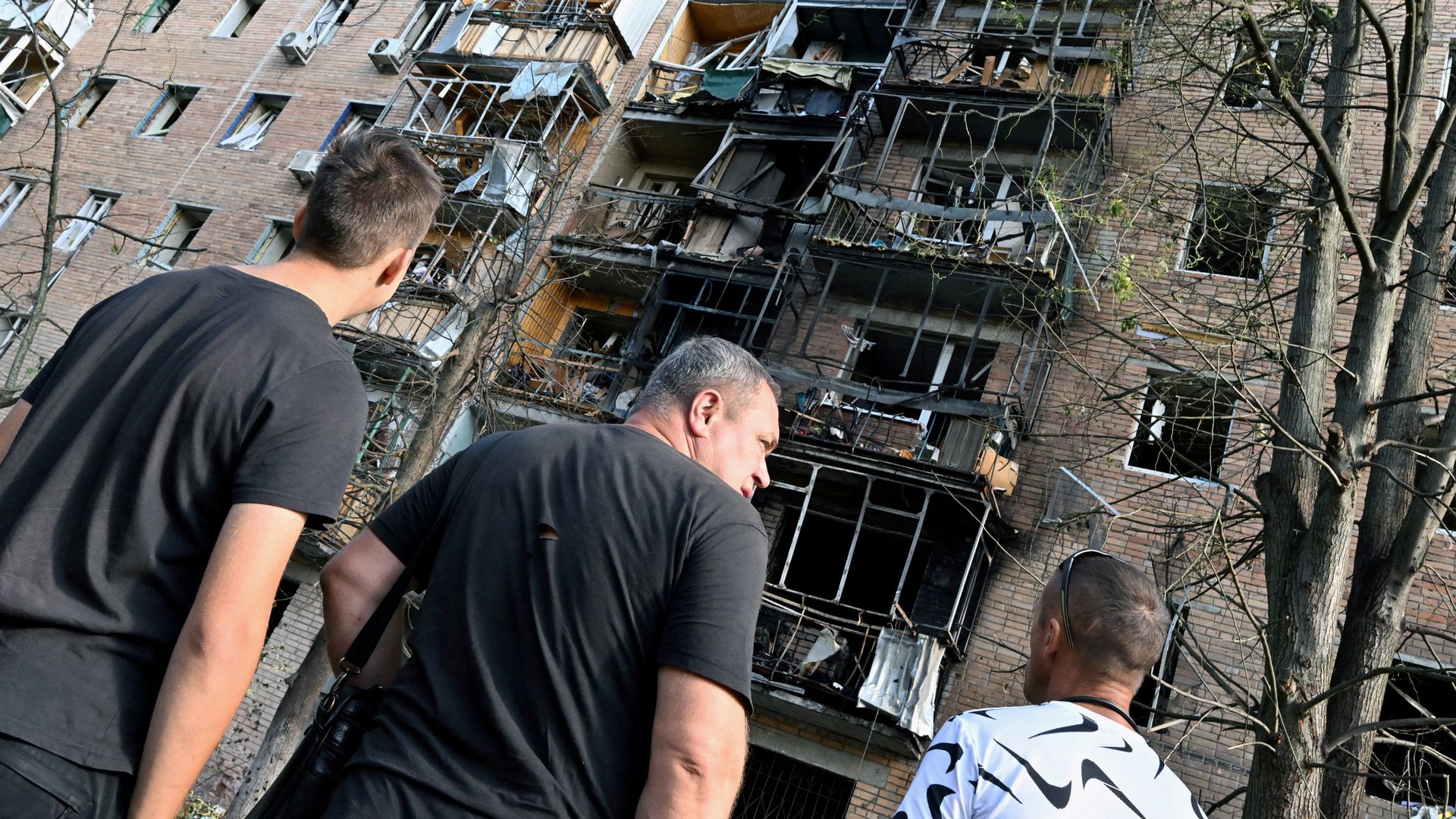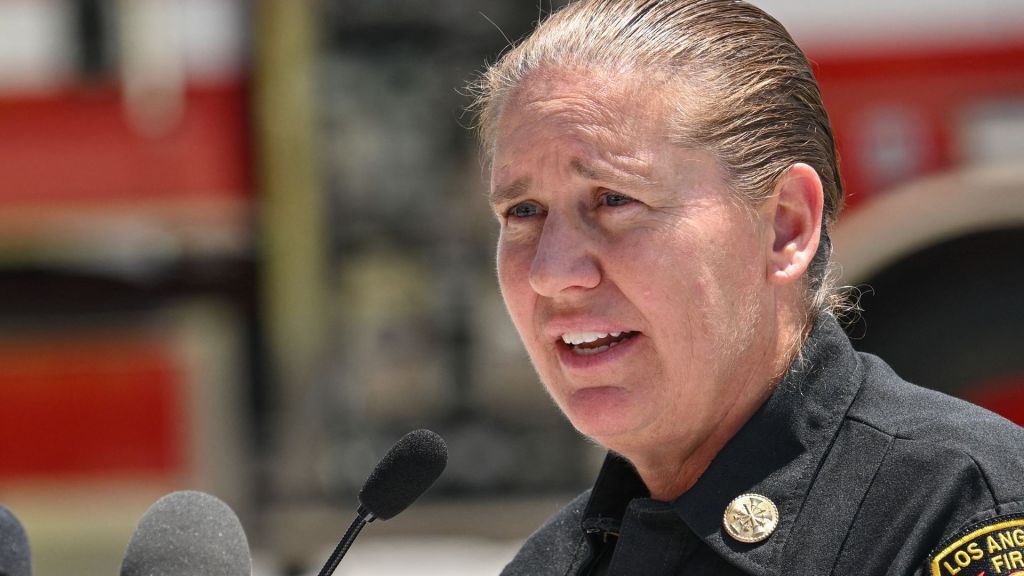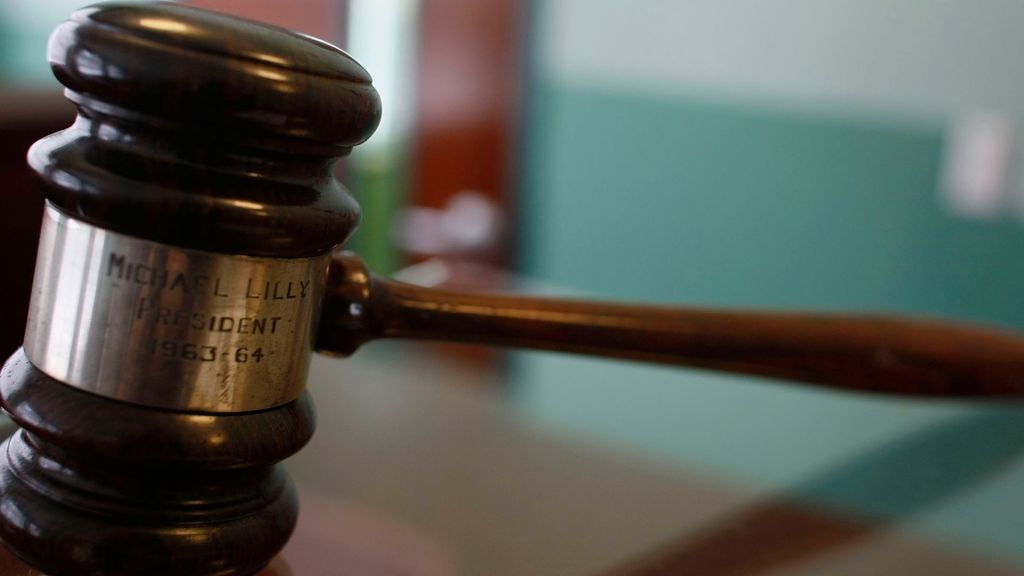
[RYAN ROBERTSON]
THE ARMED FORCES OF UKRAINE SAYS IT NOW CONTROLS AROUND 386 SQUARE MILES OF RUSSIAN TERRITORY IN KURSK OBLAST. IT’S AN AREA ABOUT THE SIZE OF INDIANAPOLIS. IT INCLUDES NEARLY 30 DIFFERENT TOWNS OR SETTLEMENTS, AND IS HOME TO AT LEAST A FEW HUNDRED THOUSAND RUSSIANS–WHO ARE NOW FLEEING THE AREA.
KYIV TOOK THE TERRITORY AFTER IT SENT TROOPS, TANKS, DRONES AND OTHER EQUIPMENT ACROSS THE BORDER FROM SUMY OBLAST IN NORTHERN UKRAINE A WEEK AGO.
Pavel Luzin: Firstly, Russia did not expect this.
[RYAN ROBERTSON]
PAVEL LUZIN IS A NON-RESIDENT SENIOR FELLOW AT THE CENTER FOR EUROPEAN POLICY ANALYSIS. HE’S AN EXPERT ON ALL THINGS RUSSIA. HE SAYS MOSCOW IS BEING FORCED TO REDISTRIBUTE ITS MILITARY FORCES FROM OTHER PARTS OF THE FRONTLINE AND ITS RESERVES AND SEND THEM TO KURSK TO STOP THE UKRAINIAN ADVANCE.
A WEEK TO THE DAY AFTER UKRAINE’S INITIAL INCURSION, RUSSIAN TROOPS LAUNCHED A COORDINATED STRIKE USING ARTILLERY AND MISSILES ON UKRAINIAN FORCES IN KURSK. THE FIGHT TO CONTROL THE TERRITORY CONTINUES, THOUGH.
Luzin: That means that the Russian authoritarian regime is not so strong. And the war, the ongoing war, probably the only thing which still consolidates this regime.
[RYAN ROBERTSON]
LUZIN SAYS UKRAINE’S INCURSION INTO RUSSIA PROVES A FEW THINGS. FOR STARTERS, RUSSIA’S INSTITUTIONS OF POLITICAL POWER ARE HIGHLY DYSFUNCTIONAL. LUZIN SAYS UNDER PUTIN NO ONE ACTS WITHOUT ORDERS FROM ABOVE.
Luzin: They are afraid. And this is a result of quarter century of the new Russian authoritarianism. Because this situation, the current situation is very different from, I know, from the Soviet times. If you remember, the Soviet military, mayors, colonels, generals, their places, in their positions, I don’t know, whether or not it is Afghanistan, Angola, Vietnam, many other places in this world where the Soviet military were active, even if they denied this activity, doesn’t matter. These people must act by themselves. They must be smart enough, clever enough, and so on.
[RYAN ROBERTSON]
ASIDE FROM THE DYSFUNCTION IN THE RANKS, LUZIN SAYS UKRAINE’S INCURSION ALSO PROVES MOSCOW’S METHOD OF GATHERING INFORMATION FROM THE BATTLEFIELD ISN’T EXACTLY ACCURATE.
Luzin: And also these people from the bottom level to up, they provide the information about the reality, but they try to provide the information which will not lead to punish, I mean to punishment against them. And so they try to show these facts. and to cover these facts, to hide these facts.
Ryan Robertson: Painting a rosier picture than what really exists.
Luzin: Yes, yes, exactly.
[RYAN ROBERTSON]
FINALLY, LUZIN SAYS UKRAINE’S INCURSION ALSO PROVES SOME OF RUSSIA’S THREATS ABOUT USING NUCLEAR WEAPONS ARE RINGING HOLLOW.
Luzin: They mentioned nuclear weapons hundreds of times during the last 10 years. Hundreds of times. Now they are silent. So when reality comes, the Russian doctrine does not work. And that means if Russia will continue to pose a threat to NATO, to the Baltic states, the Baltic members of NATO and so on, that means NATO army can act against Russia on the Russian territory.
[RYAN ROBERTSON]
SOME NATO NATIONS MAY SEND TROOPS TO UKRAINE IN A TRAINING CAPACITY BUT THAT’S IT FOR NOW.
BACK TO UKRAINE’S INCURSION, THE MOTIVE FOR IT IS STILL UNCLEAR. UKRAINE’S FOREIGN MINISTRY SAYS IT DOESN’T PLAN TO HOLD THE TERRITORY ITS FORCES CAPTURED BUT KYIV DIDN’T EVEN TELL WASHINGTON OR ITS ALLIES IN EUROPE ABOUT THE ATTACK.
Elena Davlikanova: There can be no sustainable peace with Russia. Undemocratic Russia will always be a threat to Western alliance, and we should expect either hot war or a Cold War.
[RYAN ROBERTSON]
ELENA DAVLIKANOVA IS ALSO A FELLOW AT CEPA. I ACTUALLY SPOKE TO HER BEFORE UKRAINE’S INCURSION INTO KURSK ABOUT THE LONG-TERM SECURITY AGREEMENTS UKRAINE WAS SIGNING WITH AROUND 20 NATIONS. AT THE TIME, SHE TOLD ME UKRAINE VIEWS THE AGREEMENTS AS A STEP IN THE RIGHT DIRECTION, UT NOT AS GOOD AS A NATO MEMBERSHIP
Davlikanova: Since 2022 our Western allies have been very creative in looking for ways to ensure Ukraine’s security and at the same time not offering NATO membership. So it’s not– we don’t feel safe. We don’t feel relieved. Even these bilateral agreements–in the title of the agreements, it doesn’t say ‘security guarantees.’ Nowhere it says
security guarantees.’ It says these are agreements on cooperation in security and long-term support for Ukraine.
[RYAN ROBERTSON]
SO, IF UKRAINE DIDN’T FEEL SAFE EVEN WITH SOME SIGNED SECURITY COOPERATION AGREEMENTS IN PLACE, PERHAPS THAT’S WHY IT CHOSE TO ATTACK INTO KURSK? SO IT COULD SECURE A FEW MORE BARGAINING CHIPS AHEAD OF POSSIBLE PEACE TALKS.
VLADIMIR PUTIN SAID THAT’S WHY HE THINKS UKRAINE MADE SUCH A BOLD MOVE. WILL IT BE ENOUGH TO TURN THE TIDE OF THE WAR? THAT REMAINS TO BE SEEN.
REGARDLESS OF HOW THINGS PLAY OUT ON THE BATTLEFIELD THOUGH, THE ONLY WAY TO TRULY TOPPLE THE RUSSIAN REGIME–GUT ITS ECONOMY.
Davlikanova: Even though their economy is suffering, it doesn’t suffer as much as it should suffer. And there are thousands of Western companies that continue working in Russia, and they continue creating all these different economic processes, supporting Russian economy indirectly. So I think that the most the answer to sustainable peace is Russia’s economic decline, and if we do everything to achieve that, then we will be able to, you know, more or less coexist in a peaceful format, just like you know, we did back in 1990s
[RYAN ROBERTSON]
WE’VE BEEN REPORTING ON THE WAR IN UKRAINE FROM THE START, INCLUDING ON MY SHOW WEAPONS AND WARFARE. IF YOU WANT TO SEE THOSE STORES, BE SURE TO DOWNLOAD THE STRAIGHT ARROW NEWS APP TODAY OR LOG ON TO SAN.COM.
FOR STRAIGHT ARROW NEWS, I’M RYAN ROBERTSON.











